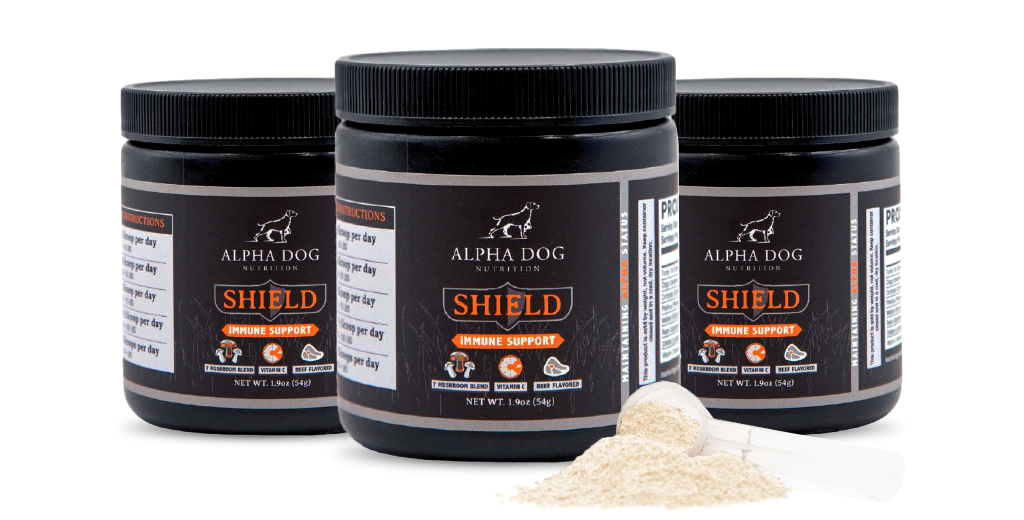Canine sneezing can be a common occurrence that might seem harmless, but persistent sneezing can indicate underlying health issues.
Understanding the causes of sneezing in dogs and implementing effective solutions can help ease their discomfort and promote better health.
In this post, we are going to explore 5 ways to ease canine sneezing, as long as what causes canine sneezing.
Let’s dive in!
What Causes Canine Sneezing?
Canine sneezing can be triggered by various factors, including:
- Allergies: Environmental allergens such as pollen, dust, mold, and pet dander can irritate your dog’s nasal passages, leading to sneezing.
- Infections: Viral or bacterial infections, such as kennel cough or canine influenza, can cause respiratory issues and sneezing.
- Foreign Objects: Sometimes, dogs may inhale small particles or foreign objects that irritate their nasal passages.
- Nasal Irritants: Strong odors, smoke, or chemical fumes can provoke sneezing in sensitive dogs.
- Dental Issues: Problems with teeth or gums can occasionally lead to sneezing due to the proximity of the dental roots to the nasal passages.
Recognizing the cause of your dog’s sneezing is essential for effective treatment.
5 Ways to Ease Canine Sneezing
1. Use a Dog Immune Support Supplement
One of the best ways to help alleviate canine sneezing is by incorporating a dog immune support supplement into their routine.
A strong immune system can help your dog better combat allergens and infections that might trigger sneezing.
Look for high-quality supplements that contain ingredients like antioxidants, vitamins, and herbs designed to boost immune function.
My dog’s personal favorite is Alpha Dog’s Shield Immune Support Supplement.
Alpha Dog’s Shield Immune Support supplement is an excellent choice for addressing dog sneezing, as it enhances the immune response with a powerful blend of mushrooms and Vitamin C.
This unique formula not only supports immune health but also promotes healthy kidney function and cardiovascular performance, helping your dog resist allergens and infections that can trigger sneezing.
Flavored with beef liver powder, it ensures your dog eagerly consumes it, providing essential nutrients for overall vitality.
With its premium ingredients and PhD-formulated approach, you can trust that you’re giving your canine companion the best possible support for their health.
Simply follow the directions on the back and you’re good to go!
2. Keep Their Environment Clean
Maintaining a clean living environment can significantly reduce allergens that contribute to sneezing.
Dust, pet dander, and mold can accumulate and irritate your dog’s nose.
Regularly vacuum and clean your home, wash your dog’s bedding, and use air purifiers to improve indoor air quality.
This will help create a healthier space for your pet.
3. Monitor Allergens
If you suspect that your dog’s sneezing is allergy-related, monitoring and managing exposure to allergens can be beneficial.
Keep an eye on seasonal changes and potential allergens in your home.
Consider using hypoallergenic bedding and grooming products to minimize allergic reactions.
4. Provide Adequate Hydration
Keeping your dog well-hydrated is essential for overall health and can help soothe irritated nasal passages.
Ensure your dog has access to fresh, clean water at all times.
Proper hydration can help thin mucus and ease respiratory discomfort.
5. Consult Your Veterinarian
If your dog’s sneezing persists or is accompanied by other symptoms like nasal discharge, coughing, or lethargy, it’s essential to consult your veterinarian.
Your vet can perform a thorough examination and recommend appropriate tests to identify the underlying cause of the sneezing.
They may suggest treatments or medications to alleviate symptoms and improve your dog’s comfort.
Ease Canine Sneezing
Easing canine sneezing involves a combination of immune support, cleanliness, allergy management, hydration, and professional guidance.
By using a dog immune support supplement, maintaining a clean environment, monitoring allergens, ensuring adequate hydration, and consulting your veterinarian, you can effectively help your furry friend find relief from sneezing.
Recognizing the underlying causes and taking proactive measures will promote better respiratory health and overall well-being for your dog.
Thank you for reading!

